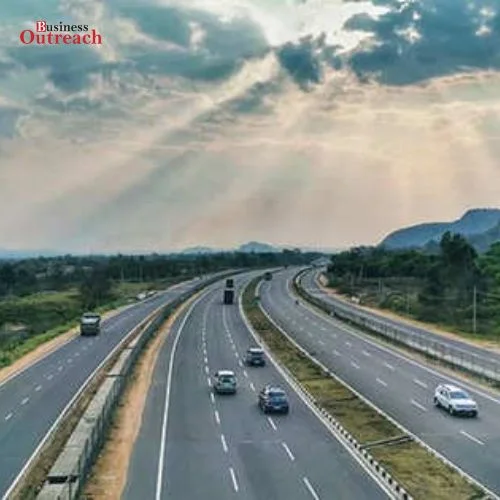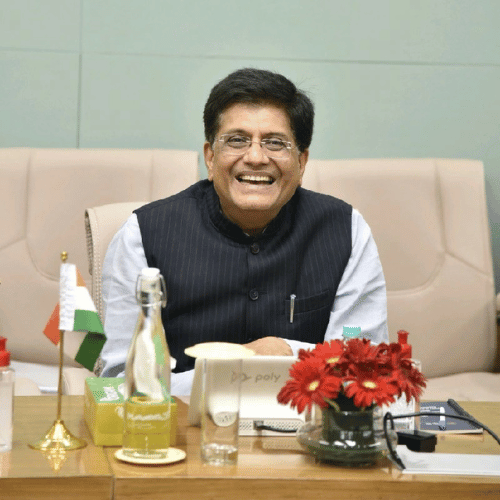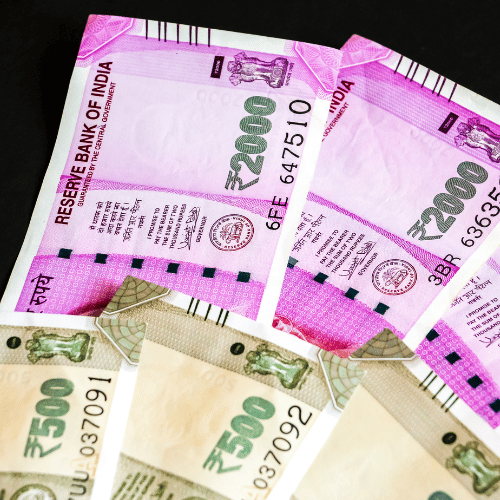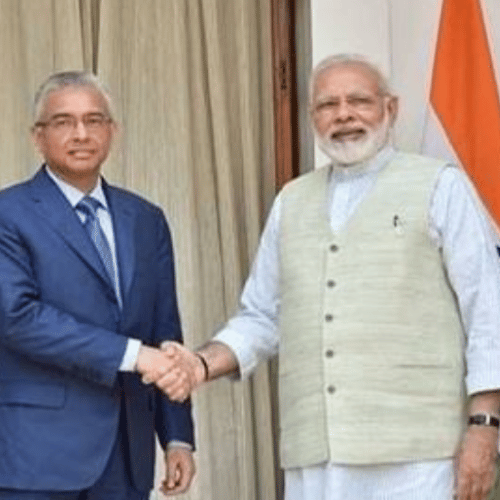Taiwan and India are discussing an agreement to allow the migration of Indian employees to alleviate labor shortages in critical industries in the East Asian island area, according to a report on September 27, citing people familiar with the situation.
India is the most common country of origin for foreign migrants. China, Bangladesh, Pakistan, the Philippines, and Afghanistan are among the main countries of origin.
Migrant workers sometimes have lesser earnings, working conditions, and living standards than regular laborers. They may also be required to labor long hours under stringent conditions.
Labor migration refers to the movement of individuals from one nation to another or within their own country in search of work. Migrant workers are unskilled or casual employees who relocate from one place to another to provide transitory, generally seasonal, services. Migrant workers may also include persons who work in countries other than their own, sometimes known as foreign workers.
The agreement might be signed as soon as early next month, according to sources, who added that a draught memorandum of understanding (MoU) has been prepared after discussions between the two parties.
According to the sources, Taipei is turning to New Delhi to handle the labor deficit in important industries like as manufacturing, including factories, building projects, domestic employees, and agriculture and fisheries.
The drafted Memorandum of Understanding had not yet been made public. According to those acquainted with the discussions, Taiwan is interested in aiding the migration of workers from India’s northeast owing to cultural and dietary similarities.
Notably, international employees in Taiwan are entitled to the same salary as local workers, as well as comparable national healthcare services. The current monthly minimum wage in Taiwan is 26,400 New Taiwan dollars, which is equal to $820.
In a press statement issued by Taipei last month, Yadav was quoted as saying that the MoUs and Taiwan’s recent move to establish a diplomatic office in Mumbai are “good steps and demonstrate there is great potential in the India-Taiwan relationship“.
Along with the discussion of an MoU on migration and mobility, Taiwan’s Premier Chen Chien-jen and India Taipei Association’s Director General Manharsinh Laxmanbhai Yadav signed an MoU on traditional medicine.
The improvement in New Delhi-Taipei relations comes at a time when India is still embroiled in a border dispute with China along the Line of Actual Control (LAC) in Ladakh. Beijing, which claims Taiwan as its territory, has often expressed its reservations about nations expanding relations with the island republic.















